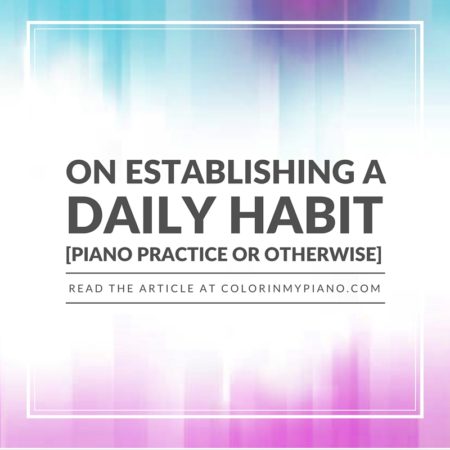 For a long time, I have identified myself as someone who is terrible at remembering to take my daily multivitamin pill.
For a long time, I have identified myself as someone who is terrible at remembering to take my daily multivitamin pill.
I wanted to do better. I believe in the benefits of taking multivitamins, and I wanted to take them daily.
I was motivated, but I just couldn’t seem to do it each morning.
So, I started experimenting with putting my multivitamin bottle in a certain place in the house that might help me create a daily habit of taking my multivitamin each morning.
First, I put the bottle in the kitchen on the countertop, in plain sight. I hoped that seeing the multivitamins when I came into the kitchen for breakfast would serve as a good reminder every day. This worked for a little while, but I didn’t like having the bottle sitting out. I like having clear countertops. And I didn’t want my multivitamins sitting out when having visitors, so I tended to tuck the bottle out-of-sight on those occasions…which caused me to forget the next day.
Next, I tried putting the multivitamin bottle in the bathroom, near my toothbrush and other getting-ready-for-the-day items. This didn’t work, either. The problem was that it wasn’t convenient to get a drink of water for swallowing the multivitamin. I had to find my water bottle (which tends to travel all over the house with me) or go to the kitchen for a glass. Because it wasn’t convenient enough, I ended up skipping my multivitamin most days.
Then, I tried putting the multivitamin bottle in the kitchen pantry, on the shelf just below the cereal boxes. I tend to eat a bowl of cereal every morning, so I thought this would be a good place. And I liked that the bottle was out-of-sight instead of out on the countertop. As it turned out, however, my eyes did not always see the multivitamin bottle there in the pantry. There were too many other cans and bottles in the pantry.
So, what finally worked? How did I successfully create a habit of taking my multivitamin pill every morning?
I put the bottle in the cupboard, next to the cereal bowls. Why did this work? This works because I always take out a cereal bowl every morning, so I can’t miss seeing the bottle. Being in the cupboard means that the bottle is never in plain sight or in-the-way on the countertop. Getting a glass of water is easy, because the glasses are within arm reach and so is the sink. I am reminded to do it each day, and it is convenient.
This experience made me wonder: What other behavior changes can I make in my piano teaching or in other areas of my life? How can I apply what I learned about my new multivitamin habit to other habits?
How about this one: How can I help my students become consistent practicers?
We piano teachers tend to cite a lack of motivation when it comes to students failing to practice regularly. But what about when the problem isn’t a lack of motivation? Many of our students want to practice, but there are barriers preventing it from occurring daily.
Remember, in my case with the multivitamins, I wanted to take them but it wasn’t convenient enough and I didn’t have a sure way to remind myself to do it in the first place.
Instead of focusing on motivating our students to practice, what if we helped our students brainstorm and implement practical ways to eliminate the barriers that make practice difficult or inconvenient? What if we helped them come up with effective reminder systems for daily practice? How can we help students create their own opportunities to achieve “small wins” on their way to establishing new habits?
Please share your input in the comment section below.





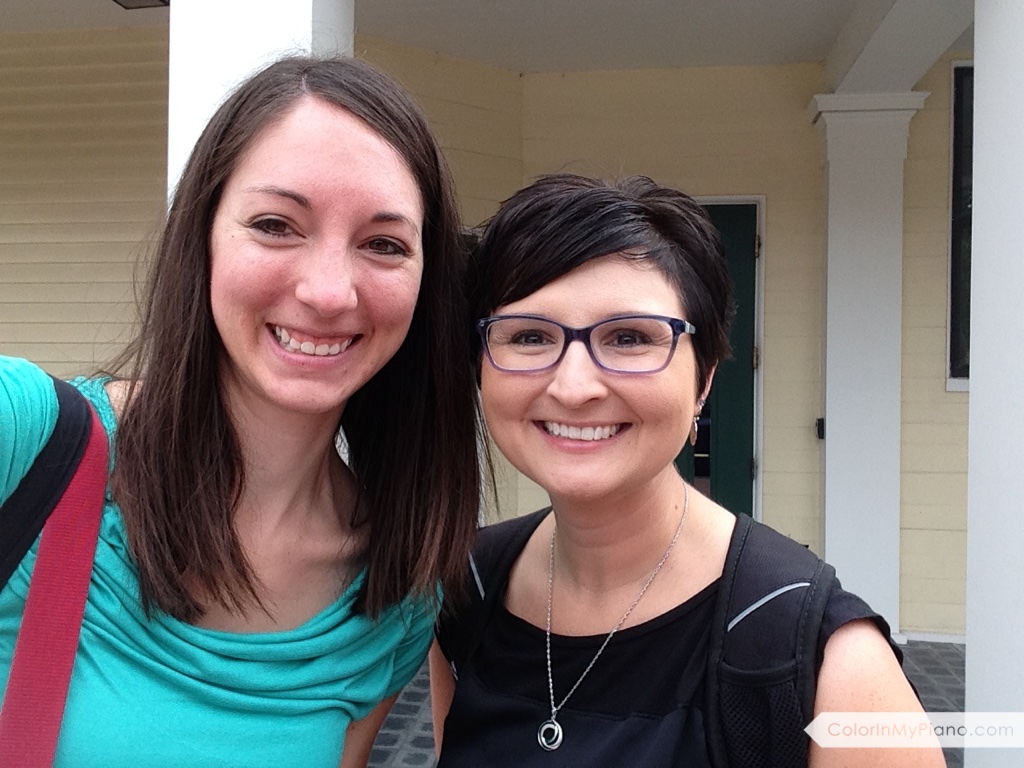
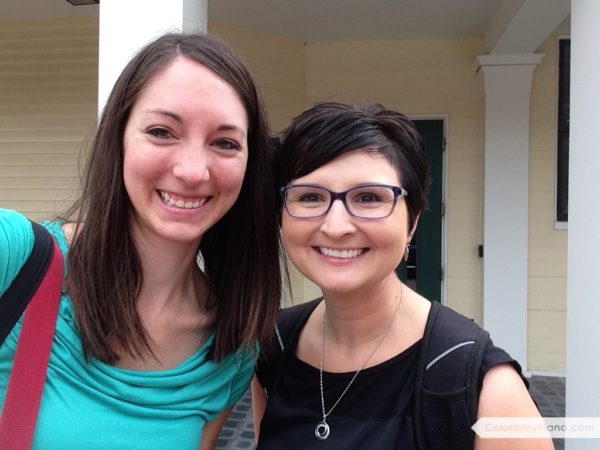
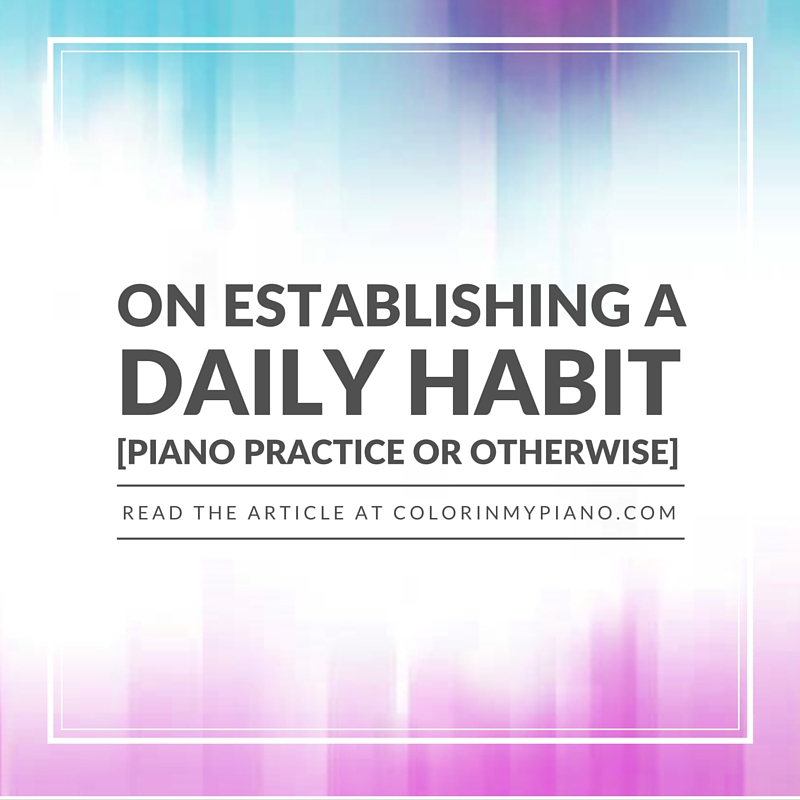
 For a long time, I have identified myself as someone who is terrible at remembering to take my daily multivitamin pill.
For a long time, I have identified myself as someone who is terrible at remembering to take my daily multivitamin pill.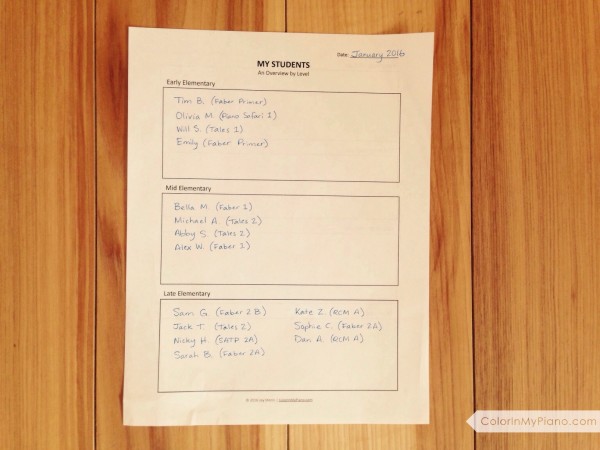

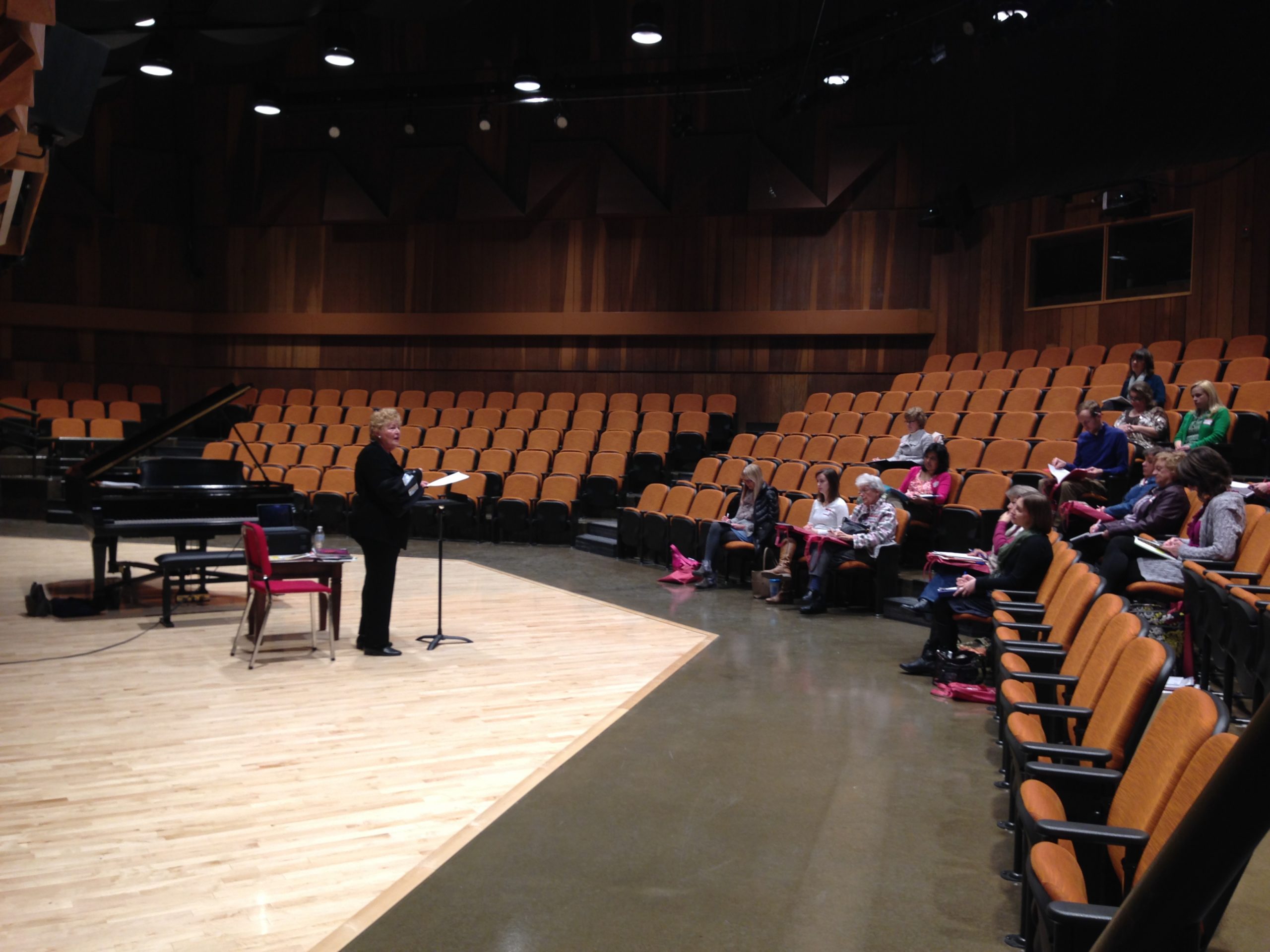
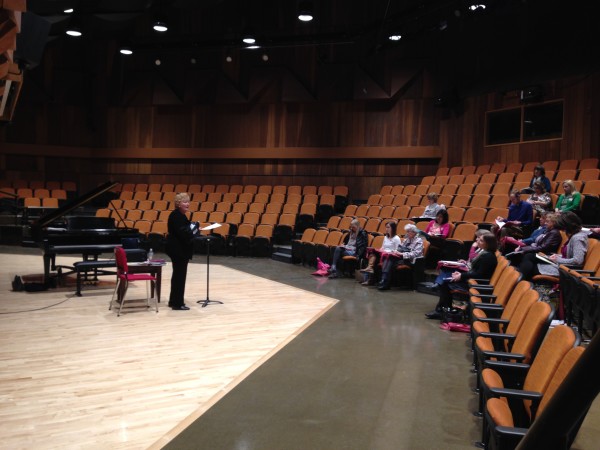
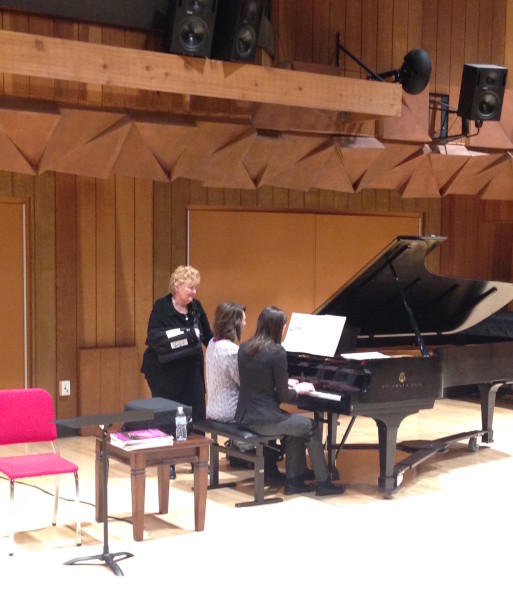

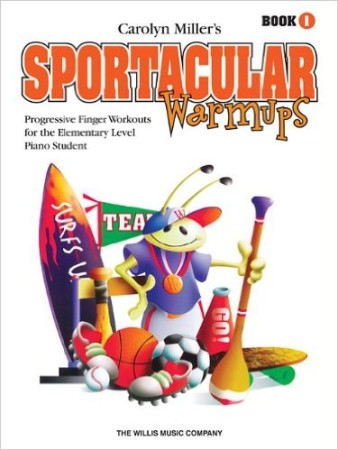
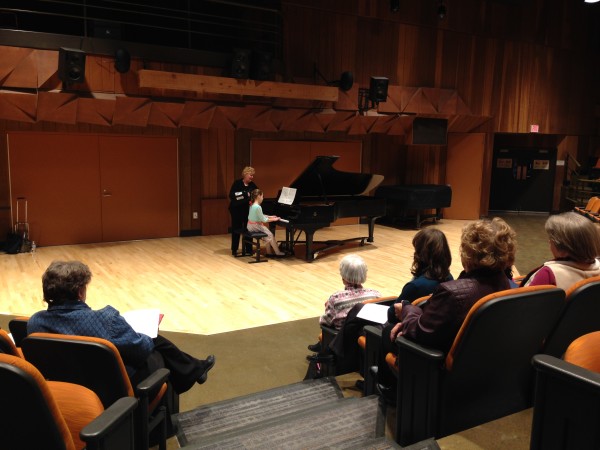
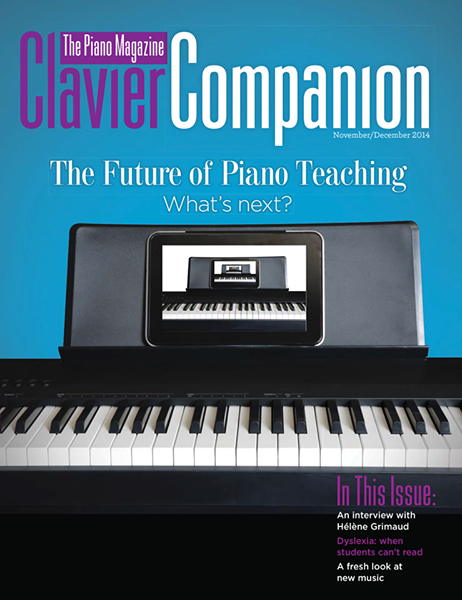
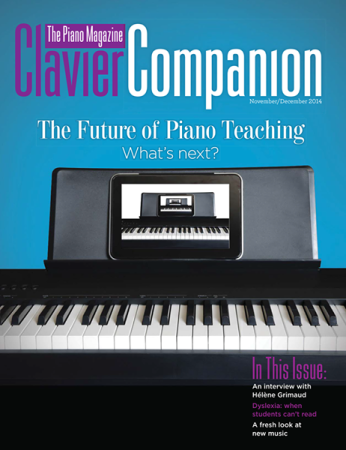 Have you seen the latest issue of
Have you seen the latest issue of 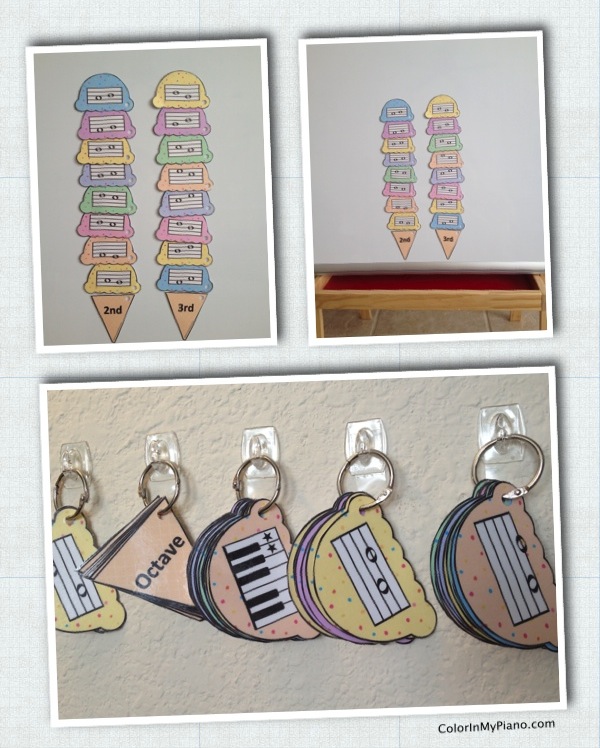
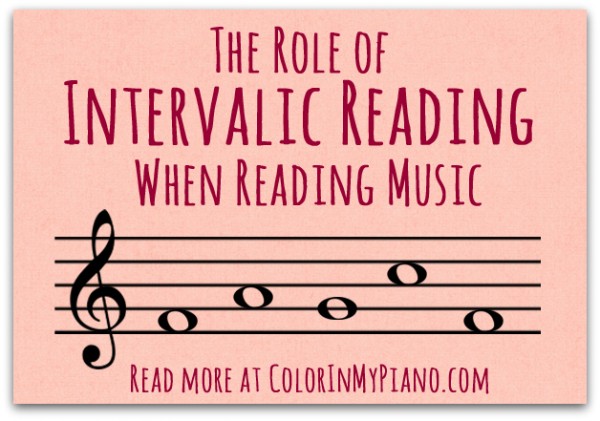
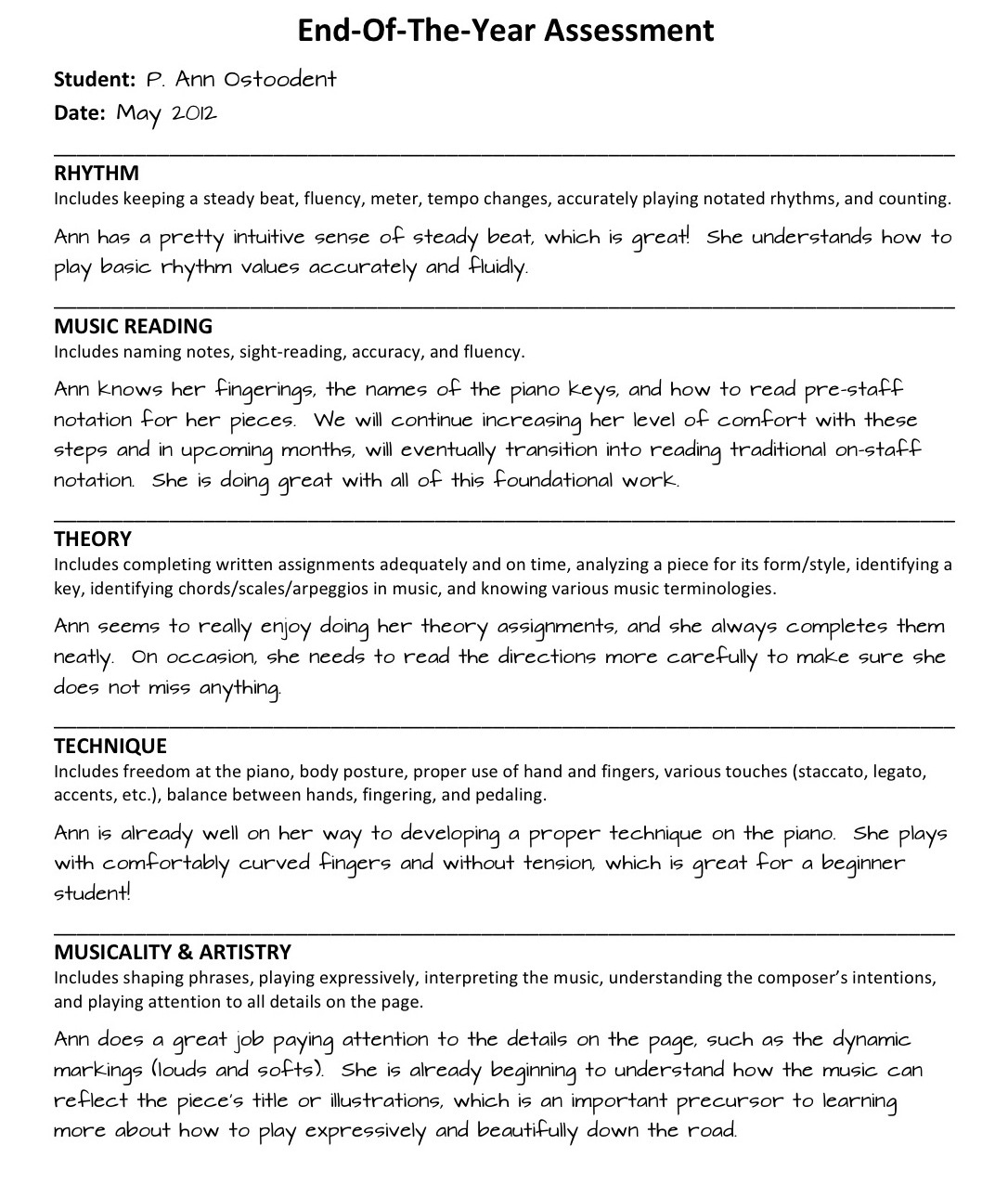

 The last Forum Q&A post was about assignment notebooks/pages for students. It was wonderful to read all the great responses!
The last Forum Q&A post was about assignment notebooks/pages for students. It was wonderful to read all the great responses! 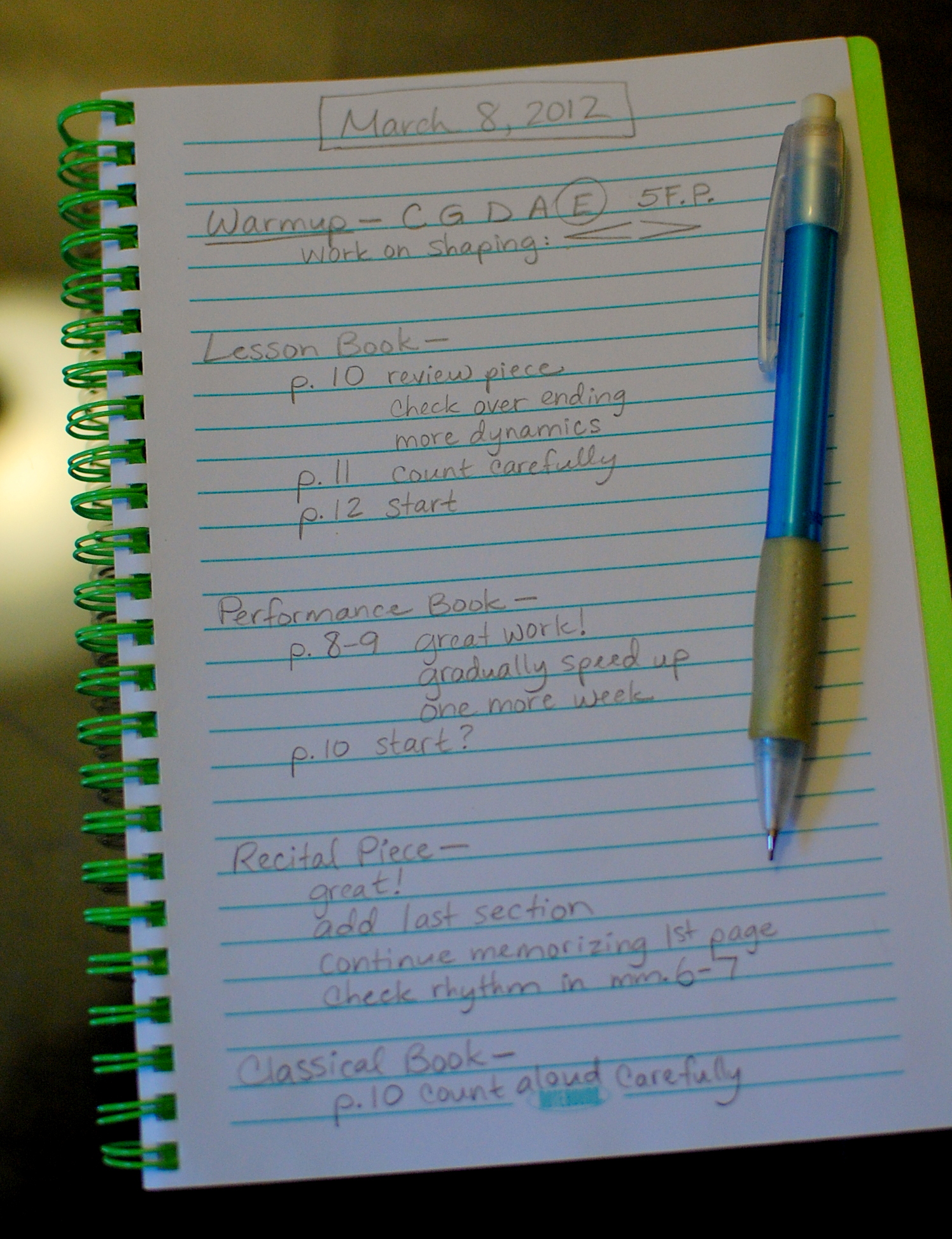
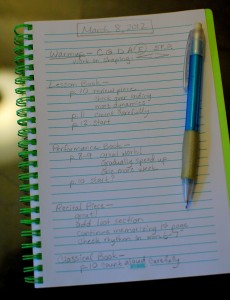 Last Thursday, we started a
Last Thursday, we started a 
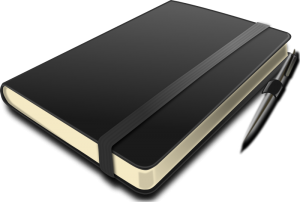 Today’s post brings a new Forum Q&A topic, and another GIVEAWAY!
Today’s post brings a new Forum Q&A topic, and another GIVEAWAY!
